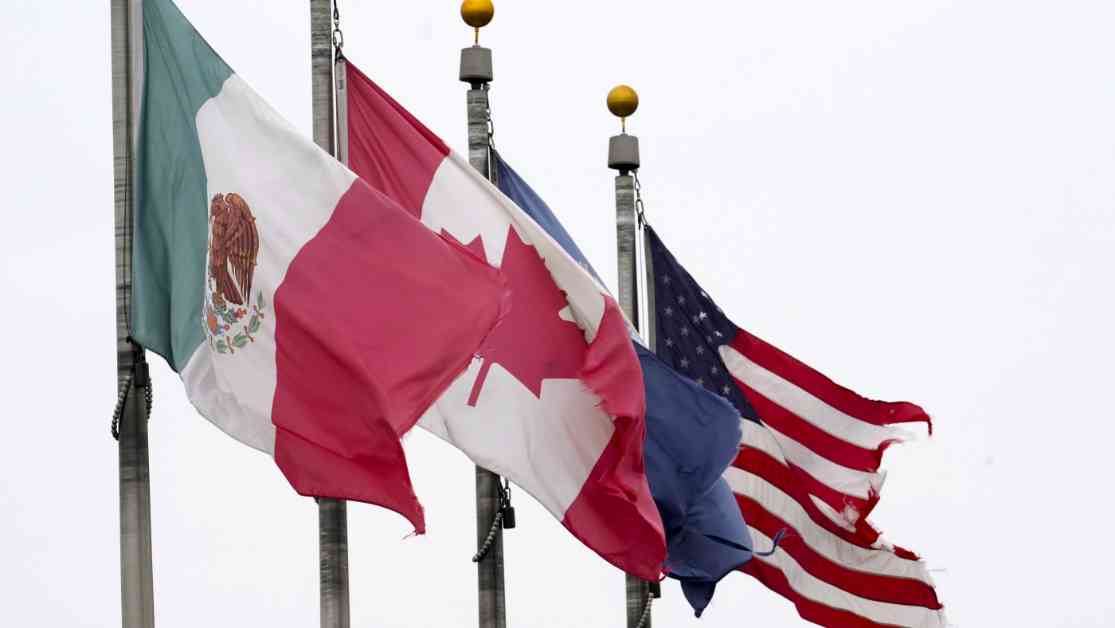President Trump recently made a significant decision regarding tariffs on Canada and Mexico, putting them on hold temporarily. The move came after discussions with Mexican President Claudia Sheinbaum and Canadian Prime Minister Trudeau. Trump agreed to pause the planned tariffs on Mexico, while Canada committed additional resources to border security and combating fentanyl trafficking, the primary reason for the proposed tariffs.
Building Bridges: International Relations and Trade
President Trump’s decision to suspend tariffs on Mexico and Canada marks a pivotal moment in international relations and trade agreements. The initial threat of imposing a 25% import tax on goods from both countries, coupled with tariffs on Chinese goods, had sparked concerns about the potential for a trade war. Mexico, in particular, had warned about the far-reaching consequences of such a conflict, emphasizing its impact on American consumers and companies operating in Mexico.
In response to these concerns, Trump engaged in discussions with President Sheinbaum and Prime Minister Trudeau, ultimately reaching agreements that led to the temporary suspension of tariffs. President Sheinbaum announced Mexico’s commitment to sending 10,000 national guard troops to the border to address drug trafficking, while Prime Minister Trudeau pledged to enhance border security and combat fentanyl trafficking in Canada. These measures were crucial in alleviating tensions and preventing the escalation of a trade dispute that could have had severe economic implications.
Implications for Global Commerce and Diplomacy
The decision to suspend tariffs on Mexico and Canada underscores the intricate balance between economic interests and diplomatic relations on the international stage. With Mexico being a key exporter of automobiles, electronics, and household appliances to the United States, any disruption in trade relations could have had widespread repercussions for both countries. Similarly, Canada’s retaliatory tariff threats posed the risk of triggering a broader trade conflict that would have impacted various industries and supply chains.
President Trump’s engagement with world leaders and the commitment to further negotiations highlight the complexity of maintaining trade agreements while addressing security concerns and economic interests. The collaboration between the United States, Mexico, and Canada to address shared challenges demonstrates the significance of cross-border cooperation in fostering stability and prosperity in the region. As Secretary of State Marco Rubio, Treasury Secretary Scott Bessent, and Commerce Secretary Howard Lutnick lead negotiations, the emphasis remains on achieving mutually beneficial outcomes for all parties involved.
In conclusion, the temporary suspension of tariffs on Mexico and Canada reflects a strategic approach to resolving trade disputes and strengthening diplomatic ties. By prioritizing dialogue, cooperation, and shared objectives, the involved nations have navigated a challenging terrain of economic uncertainties and security threats. As negotiations continue and agreements are reached, the path forward offers opportunities for collaboration, innovation, and sustainable growth in the realm of international trade and relations.






















